Couple
Pen and Indian ink on paper
Signed "MR" lower right
Workshop stamp lower left
18 x 19 cm
Born in Bucharest in 1897 to a father who was a national guard officer Romanian and a mother of French origin, Mathieu Rosianu grew up in a bourgeois environment. He obtained his first diploma in drawing in 1912. He left Romania in 1918 to settle in Paris where he continued his artistic training in Decorative Arts before being admitted to the School of Fine Arts in 1920 in the workshop by Ernest Laurent (1859-1929). In 1923, he exhibited his first paintings at the Salon d'Automne, the Salon des Tuileries and the Salon de la Société nationale des beaux-arts.
At the dawn of the 1930s, Mathieu Rosianu worked as a designer at Bitschenauer and Schweitzer before founding his own fabric design house. He produced numerous designs for important French and American textile companies.
Politically engaged, he frequented artists close to the libertarian communist movement such as Jean Hélion with whom he became friends. In 1931, he participated in the meetings of the Union of professional artists of the Artistic Group which brought together artists supporting the magazine Monde, a weekly founded by Henri Barbusse. From 1932, Mathieu Rosianu was among the founding members of the Association of Revolutionary Writers and Artists (AEAR) created that same year and bringing together committed artists such as Jean Lurçat, Jean Hélion, Auguste Herbin and Édouard Pignon. He contributes to the AEAR magazine, Commune, for which he creates several graphic compositions with his wife Juliette Bajou. Very involved, he was part of the initiative committee of the collective and as such actively participated in the organization of the first Exhibition of Revolutionary Artists which took place in 1934 and in which around ten artists took part including Francis Jourdain, Amédée Ozenfant and Auguste Herbin. Mathieu Rosianu notably wrote the preface to the catalog, like a manifesto. The same year, his works rubbed shoulders with those of renowned surrealist artists Salvador Dali and Man Ray on the occasion of the exhibition entitled Avertissement chez Marie Cuttoli, Galerie Vignon in Paris, the subject of which is a reaction to the attitude of the Nazis towards so-called “degenerate” art.
In 1935, Mathieu Rosianu distanced himself from the AEAR and devoted himself to producing decorative silk and wallpaper projects under the pseudonym Émile Arbor. His creations met with great success at the 1937 Universal Exhibition where he was awarded a Grand Prix before the Second World War put an end to this activity. Faithful to figuration, Mathieu Rosianu is keen to reconnect with the reality dear to artists of the interwar period. He strives to exalt the dignity of the working classes and his work is largely part of the movement of artists raising the social role of art. In opposition to so-called “easel painting”, he is a supporter of “painting for all”*, a “painting charged with human emotions”* and not “pretext painting”*. © A. BIOT


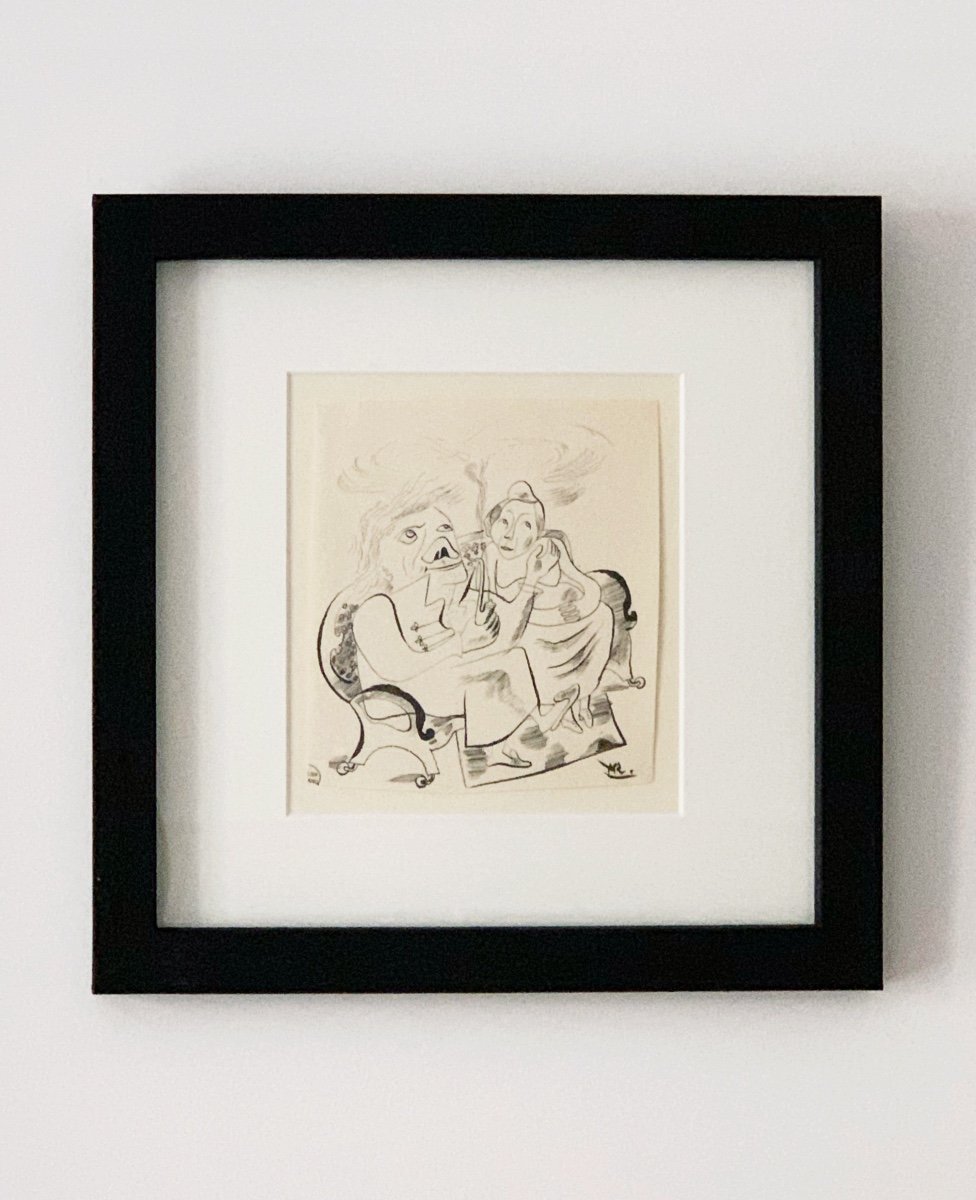








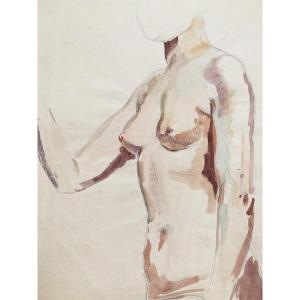
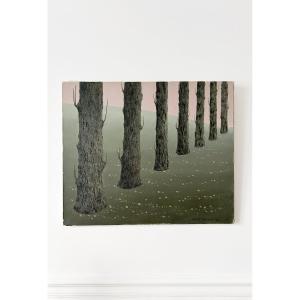
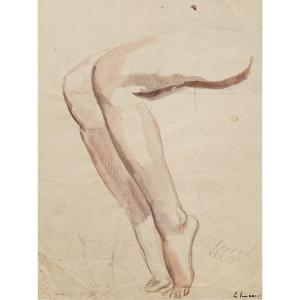
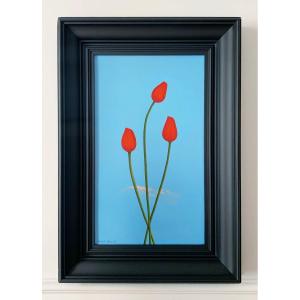
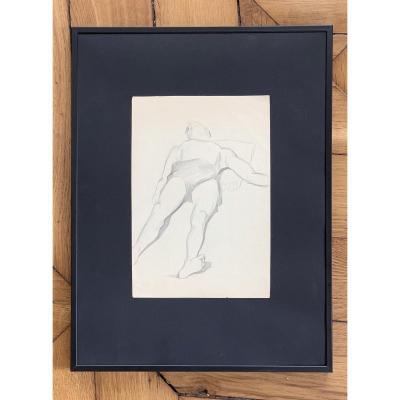


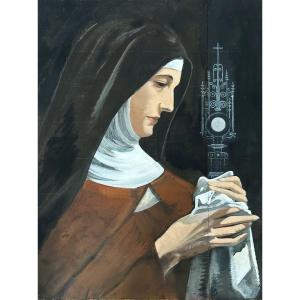
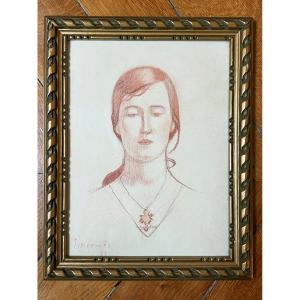
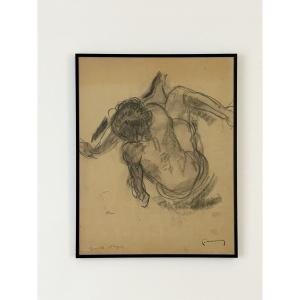
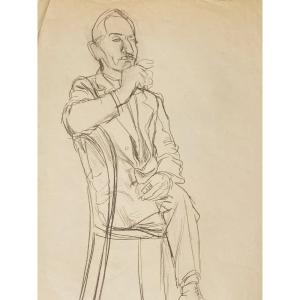
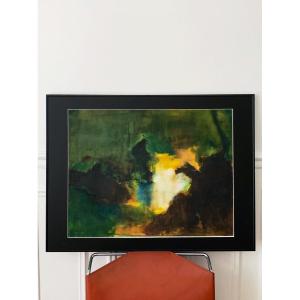
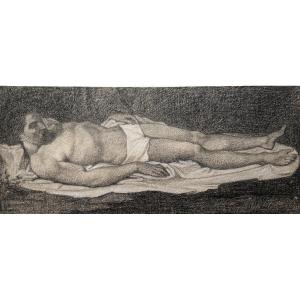


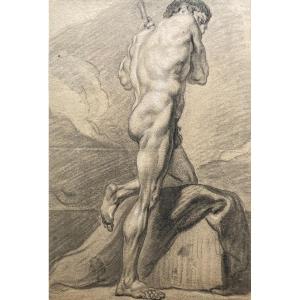
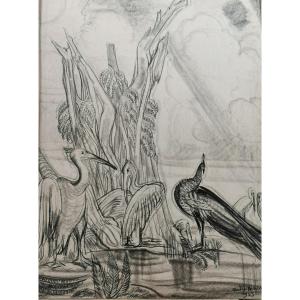


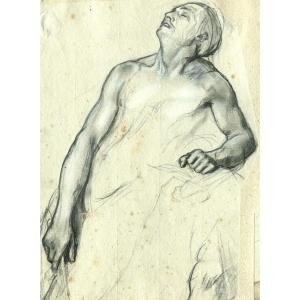



 Le Magazine de PROANTIC
Le Magazine de PROANTIC TRÉSORS Magazine
TRÉSORS Magazine Rivista Artiquariato
Rivista Artiquariato